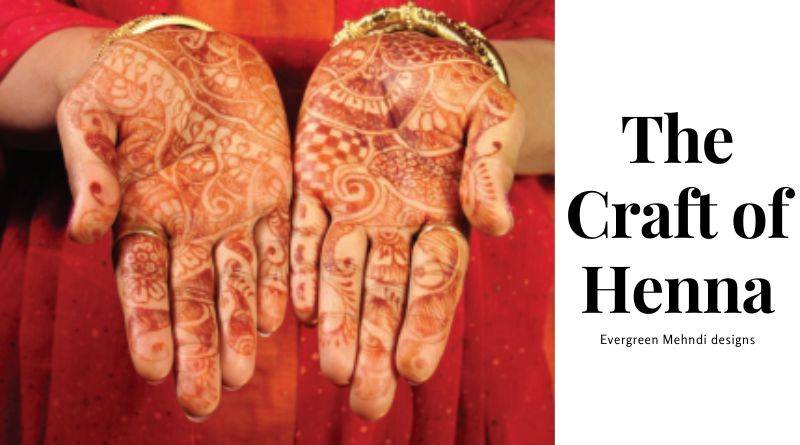Over the past three decades, the The Craft of Henna has evolved quickly, influenced by changes in production, application techniques, and cultural exchange. Advancements in milling and sifting techniques have improved the quality of henna powder and paste, allowing for more intricate designs.

Table of Contents
The Craft of Henna

In earlier times, henna was applied using tools such as wire or toothpicks or by spreading it on and quickly scraping it into patterns with a small stick. Some artists used resist techniques, such as applying flour paste or first-aid tape to create patterns of mehndi single finger, over which they would apply henna.
Influence of Plastic

With the introduction of plastic packaging for snacks and drinks, women began recycling the bags by rolling them into cones like pastry tubes, which allowed for more delicate and complex designs. Henna artists also started incorporating glitter, gilding, and rhinestones into their work.
Introduction in American Market

In the past two decades, people in Europe and the Americas have been introduced to henna through various means, including the internet, Bollywood movies, and migration from henna-using countries. While traditional henna culture has not always traveled with the product, new artists have brought innovation and enthusiasm to the art, leading to its rapid evolution in the West. Henna artists now combine traditional styles with Western pictorial art forms.














Pingback: Easy Mehndi Designs For Raksha Bandhan 2023 - Mehndi Designs